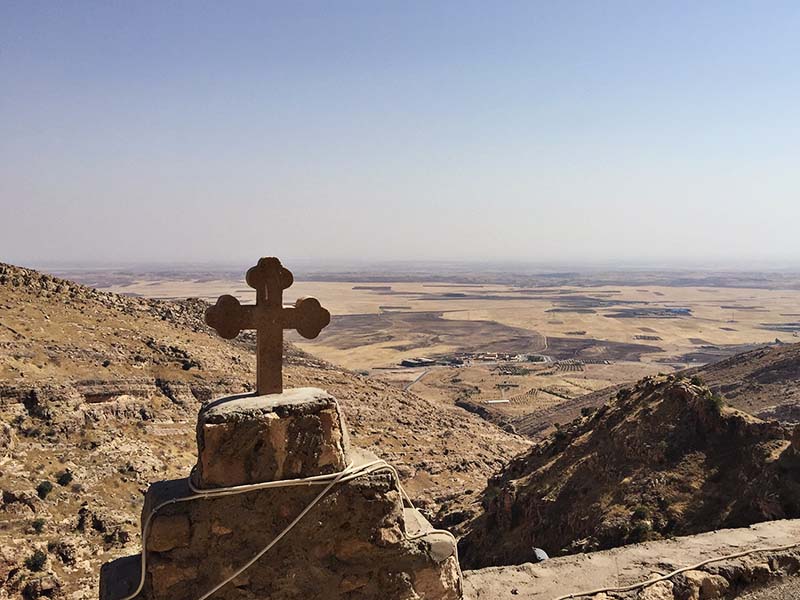But the problem runs deeper for Ruaa, who has no family to celebrate with this Christmas, as persecution has forced them all to flee the country. “Christmas is a time to visit relatives, friends, and parents. I have to travel to Jordan to spend Christmas with my parents, while my husband has to travel to Turkey if he wants to spend Christmas with his parents. It is difficult either way,” she added.
This kind of challenge resonates throughout the Christian community. There is joy from being able to celebrate a Christmas free from ISIS, and a sense of peace, knowing that Christ also suffered. But nearly every Christian still in Iraq who is celebrating Christmas is doing so apart from all or some of their family.
“Our house and each corner in the house tells a story related to a memory. Christmas used to be [a] great celebration when we get up in the morning and head to the church, greet each other with joy, Christ was born.” Sameh remembered. “After the church, we used to gather at the big house, the house of grandfathers, which is a destination of everyone. Children wear Santa clothes, these simple details could let us feel secure and loved for years.”
But all these things are now memories. “Unfortunately, after 2003, Christian communities were the most affected by the mess. Christians started [immigrating] as waves and the highest wave [came] in 2010 when some terrorists went inside Lady of Salvation Church and turned Sunday mass into a massacre. After that incident, I started connecting with people who I used to live with through social media, because they had left.”
“Still the question is: Shall we reunion again in Iraq or somewhere else?” asked Sameh.
This Christmas season, it is a question on the minds of many Christians who remain in Iraq.
For interviews, please contact Olivia Miller, Communications Coordinator: press@persecution.org

